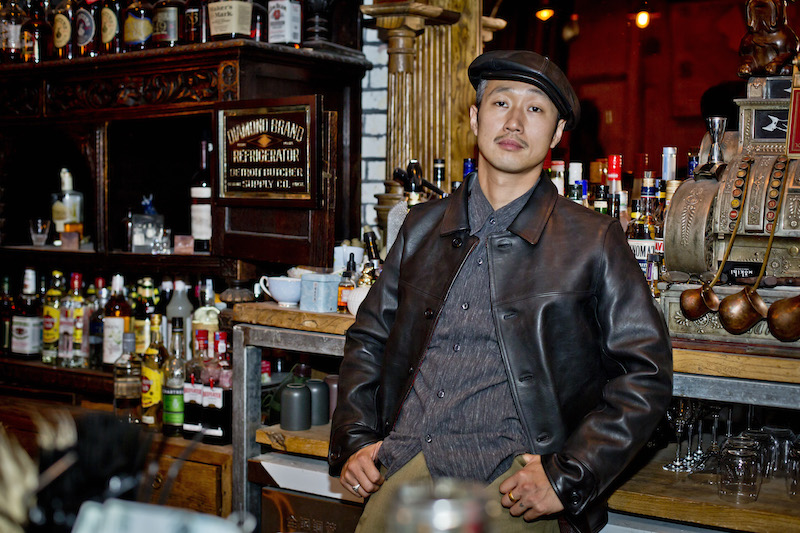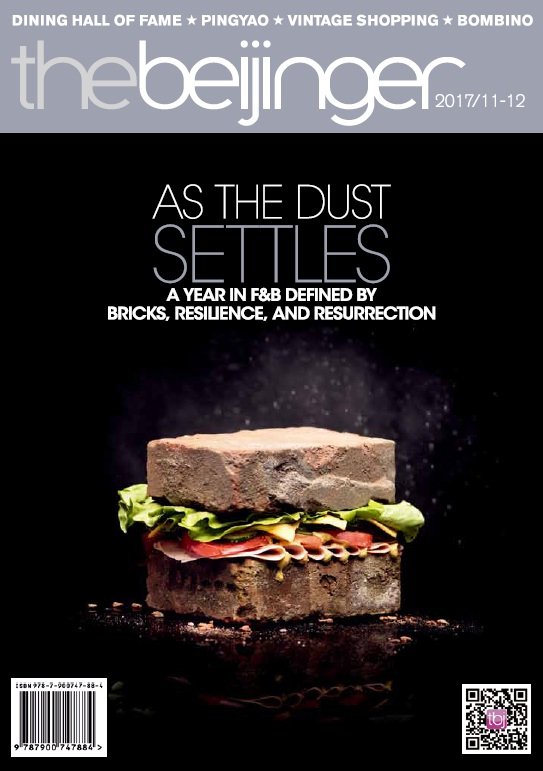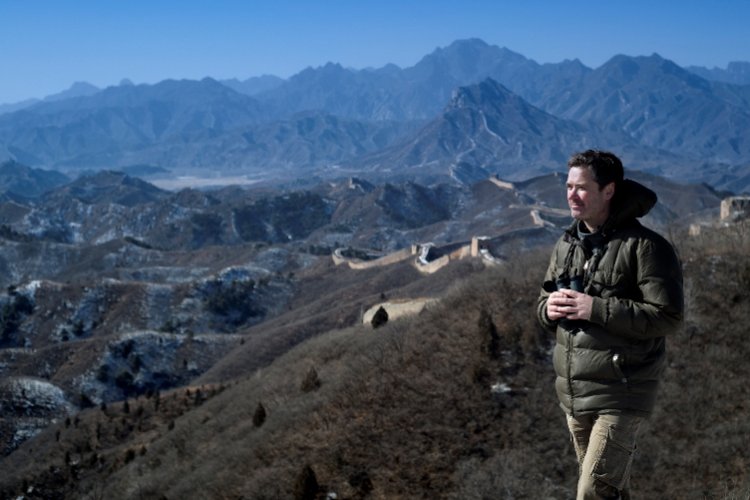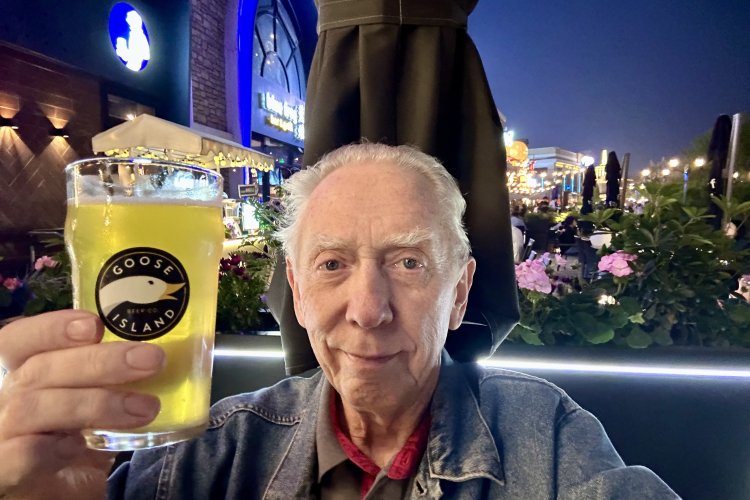Old China Hand: Japanese Founder of Mokihi Moto Uchiyama On the Chai-ing of His Beijing Biker Bar
Moto Uchiyama should count himself lucky, because his two most successful bars – the long-running Mokihi in Liangmaqiao, and the newer Mokihi No. 3 in Sanlitun’s 3.3 Mall – are still going strong, even as so many other Beijing mainstays succumb to this year’s endless rounds of municipal renovations. But Uchiyama has by no means been immune to the constant chai-ing. His most ambitious bar yet, the street-level Mokihi 1%ers off Xiaoyun Road (near Maison Flo) was hidden next to a scooter and motorcycle garage and featured enough wood grain and strong whisky to let any patron indulge their inner Hell’s Angel.

Those outlaw days came to an abrupt halt in late September, however, when the authorities demolished 1%ers. Uchiyama got the bad news over the phone because he was traveling in America at the time, and he was all the more shocked to learn that he only had 20 days to vacate the premises.
“I hope Beijing can keep its Chinese flavor,” says Uchiyama during our visit to Mokihi No. 3. Sharply dressed in a vintage cap and leather jacket, he gestured out the window to Dirty Bar Street below, which was marred by construction, saying: “Beijing is the capital city, and it has so much character and history. If you make it like any other city, why will people bother to come?”
He knows about the supposed benefits of such slicker municipal setups, having recently opened a Mokihi branch at a mall in Shenzhen. “It’s in a building like Guomao’s Kerry Center, and it’s very good for business.” Despite that, he’s quick to add: “I prefer places with a local flavor.”
His own passion for drink-making and hospitality began long before he co-owned and operated landmark Beijing venues like Apothecary. Prior to all that, he was merely a young boy in Tokyo that had a penchant for mixing up booze-less juice cocktails for his pals, or inviting those friends over for a few rounds of chuan’r. China’s booming economy loomed large as he grew older, and it looked like an exciting place for Uchiyama to realize his restaurateur dreams.
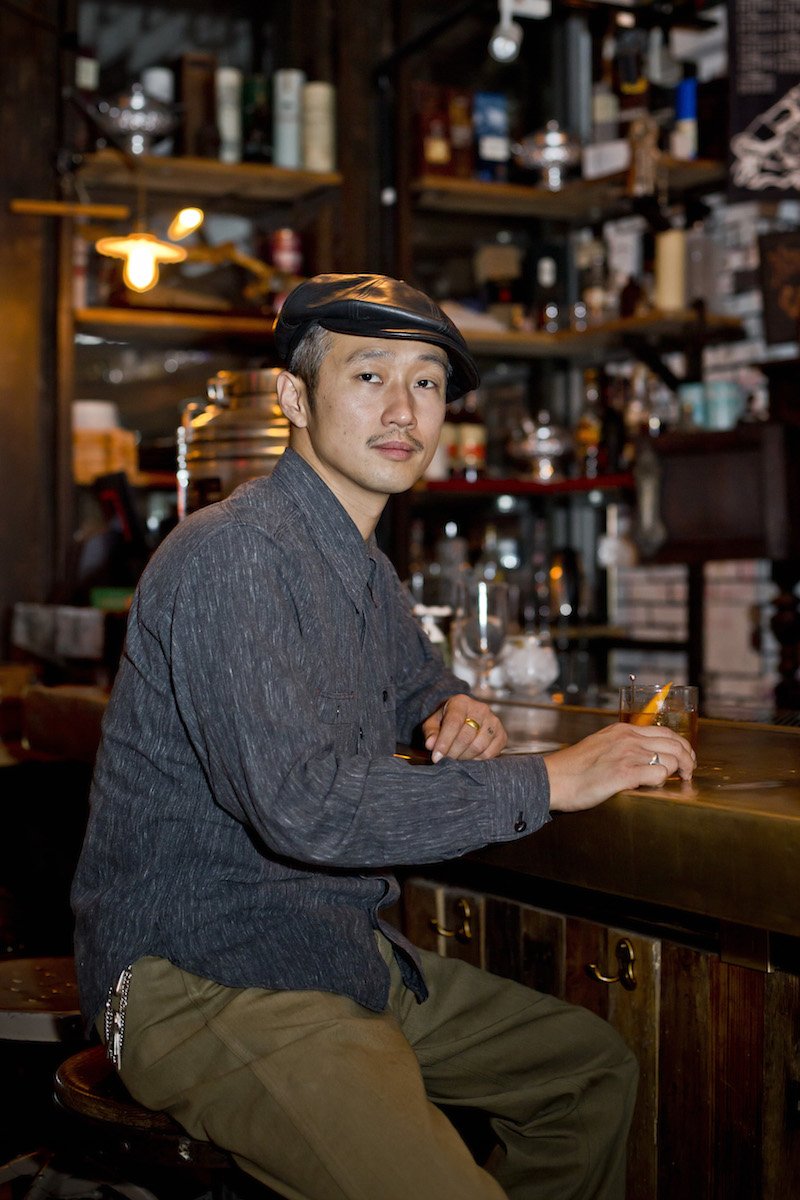
Although Uchiyama is allergic to alcohol, a friend who ran a local Tokyo restaurant implored him: “Open a bar. Meat spoils, but whisky just keeps getting better.” Uchiyama found he enjoyed the smell of high-end liquor and could stomach a glass or two and relish the flavors before it began bothering him. It coincided with his greater passions for hospitality, mastering a craft, vintage décor, and more. China’s ripe opportunities led Uchiyama to seek out Mr. Hattori, the Japanese owner of a small Beijing bar called Ichikura. After arriving in Beijing in 2005 and working at Ichikura, Uchiyama went on to opening bars with a who’s who of Beijing cocktail vets – first Er with fellow Japanese expat Daisuke Onishi in 2007, then Apothecary in 2009 with a Taiwanese-American cocktail virtuoso named Leon Li, the first Mokihi in 2010, then Mokihi No. 3, Mokihi 1%ers, and the co-founding of Vinvino all in 2016.
He only remained as an investor at Apothecary after moving on to those other endeavors, but the Nali Patio project became a crucial springboard for much of Beijing’s current cocktail stars – Jeff Ji of Parlor, Eric Liu of Mao Mao Chong’s, and Douglas Williams of the now-defunct BBC.
Being such a major part of that esteemed Apothecary collective is a major point of pride for Uchiyama. But when asked about other highlights of his Beijing bar career, he spoke of his venues off the main drags, like 1%ers, and the original Mokihi and Vinvino in the Maizidian area.
“I like places that feel like part of a neighborhood. And I’m hoping Beijing will one day become like Italy, where any street you walk down there’s a good café, or that you can get a good drink almost anywhere.”
And while he’s galled by the barrage of bricklaying that laid waste to 1%ers and so many other local favorites this year, Uchiyama still remains upbeat. “In my time here, over and over again there was chai-ing, and some people had to close their places. I hope this has now been enough. I hope that we can now begin again.”
This article first appeared in the Nov/Dec 2017 issue of the Beijinger.
Read the issue via Issuu online here, or access it as a PDF here.
More stories by this author here.
Email: kylemullin@truerun.com
Twitter: @MulKyle
Instagram: mullin.kyle
Photos: Uni You

